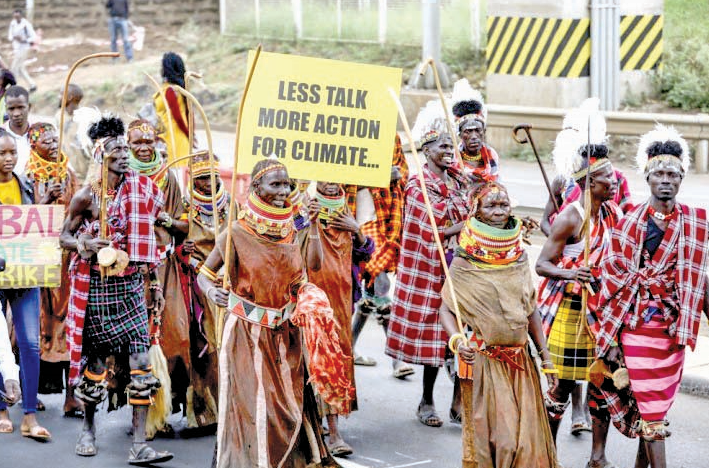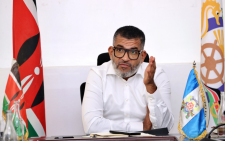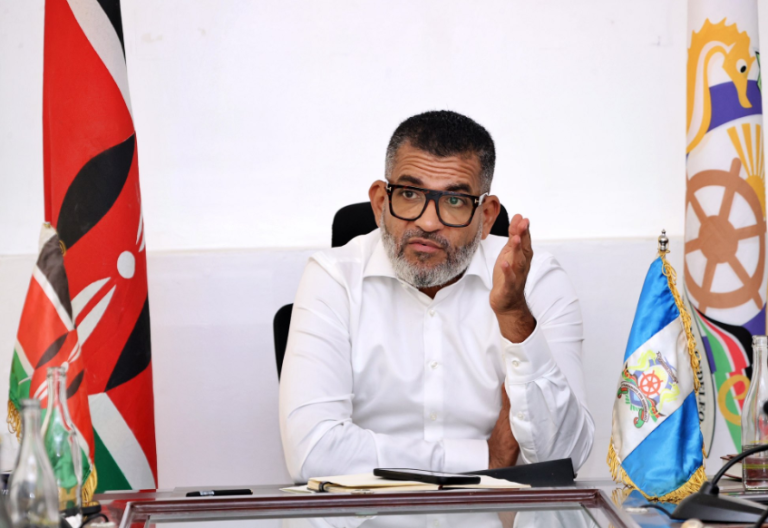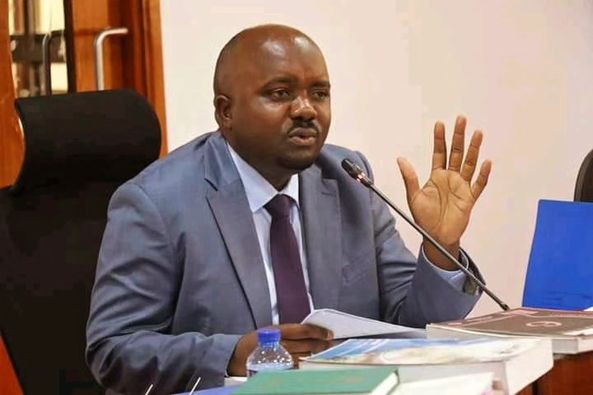Indigenous groups warn over encroachment on ancestral land

As the debate on climate change rages, members of the indigenous communities in Africa are pushing to have their ancestral land protected from encroachment when renewable energy projects are being rolled out.
The communities warned that establishment of such projects would interfere with their lifestyle as some of them are pastoralists who move from place to place in such of pastures for their livestocks.
Since their land is overly under developed, governments target their territories to build projects on the pretext that the land is ‘idle.’
“Renewable initiatives are all around indigenous people territories. For us there is no idle land, the so called idle land is our fathers grazing land, our area where we practice our cultural rights, so to us any investment around renewable energy must take into consideration, free prior and informed consent,” Ann Samante, a representative of the African indigenous communities told delegates at the Africa Climate Summit.
Carbon footprint
Samante emphasized that renewable energy investment should aim to ease mobility of indigenous people adding that by enhancing mobility, it will make them more resilient to climate change.
She said that the role these communities play in protecting critical ecosystems across the continent makes them major actors in compacting climate change.
However, despite their livelihood being based on direct use of natural resources and the fact that they have the lowest carbon footprint, Samante said that indigenous people are unfortunately the most hit hardest climate crisis.
According to Samante, there are an estimated 50 million indigenous people living in five regions of African countries whose traditional knowledge and ways of life has enabled them to build resilience and adaptation to the impact of climate change in those areas.
The communities pushed to have the Summit recognize the contribution of indigenous people’s traditional knowledge which make them more resilience to climate change.











